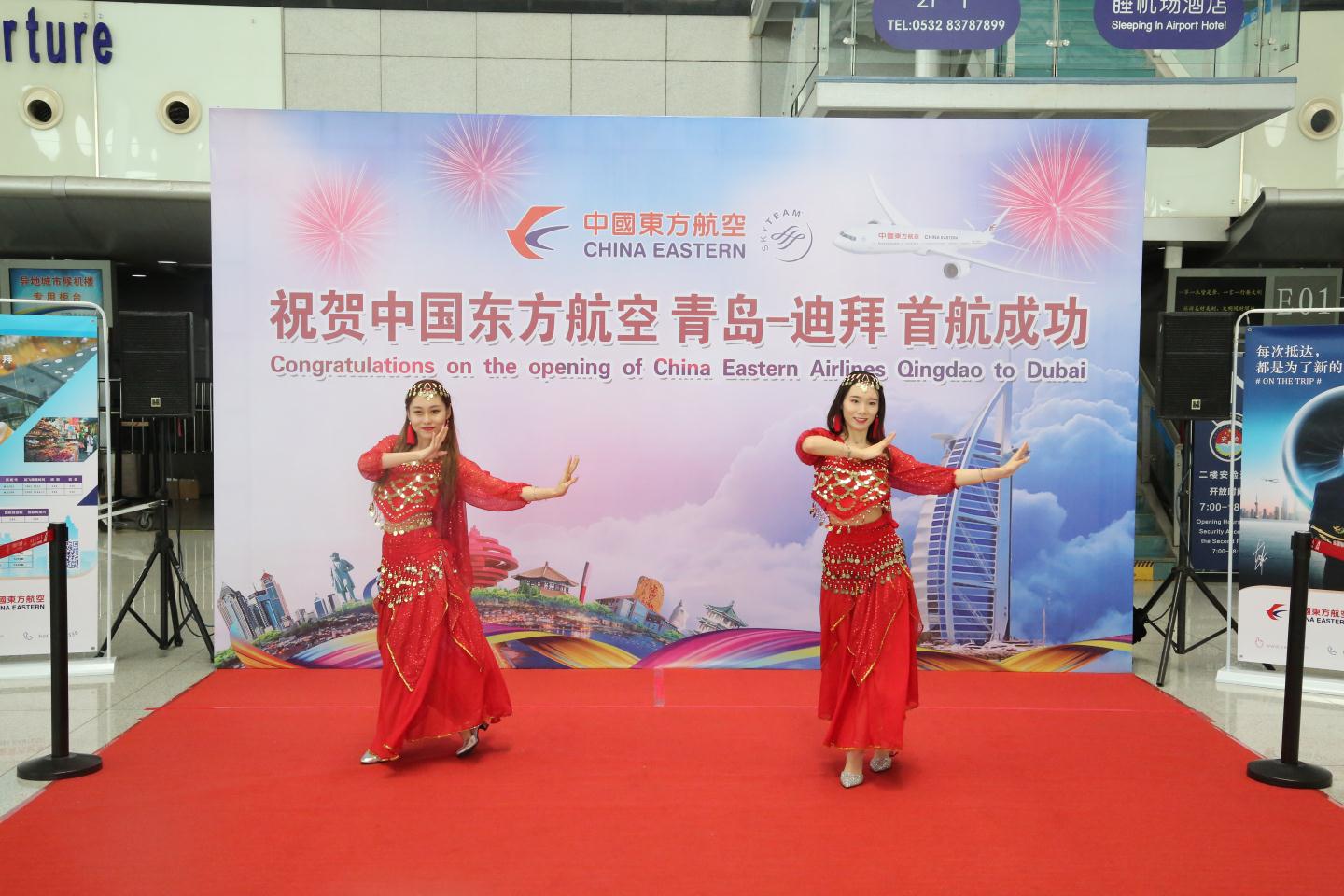Brief Introduction to the Chinese Education System

Structure of the Chinese education system
In China, the education is divided into three categories: basic education, higher education, and adult education. By law, each child must have nine years of compulsory education from primary school (six years) to junior secondary education (three years).
Basic Education
Basic education in China includes pre-school education (usually three years), primary education (six years, usually starting at the age of six) and secondary education (six years).
Secondary education has two routes: academic secondary education and specialized/vocational/technical secondary education. Academic secondary education consists of junior (three years) and senior middle schools (three years). Junior middle school graduates wishing to continue their education take a locally administered entrance exam, on the basis of which they will have the option of i) continuing in an academic senior middle school; or ii) entering a vocational middle school (or leave school at this point) to receive two to four years of training. Senior middle school graduates wishing to go to universities must take National Higher Education Entrance Exam (Gao Kao). According to the Chinese Ministry of Education, in June 2015, 9.42 million students took the exam.

Higher Education
Higher education is further divided into two categories: 1) universities that offer four-year or five-year undergraduate degrees to award academic degree qualifications; and 2) colleges that offer three-year diploma or certificate courses on both academic and vocational subjects. Postgraduate and doctoral programmes are only offered at universities.
Adult Education
The adult education ranges from primary education to higher education. For example, adult primary education includes Workers’ Primary Schools, Peasants’ Primary Schools in an effort to raise literacy level in remote areas; adult secondary education includes specialized secondary schools for adults; and adult higher education includes traditional radio/TV universities (now online), most of which offer certificates/diplomas but a few offer regular undergraduate degrees.



